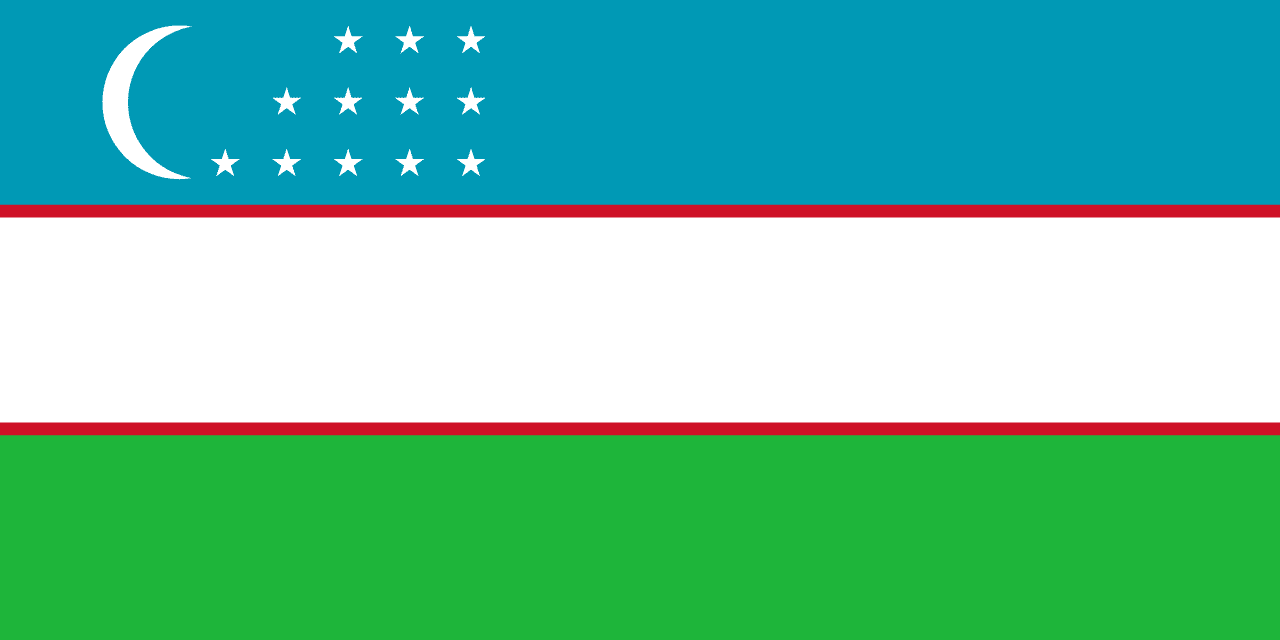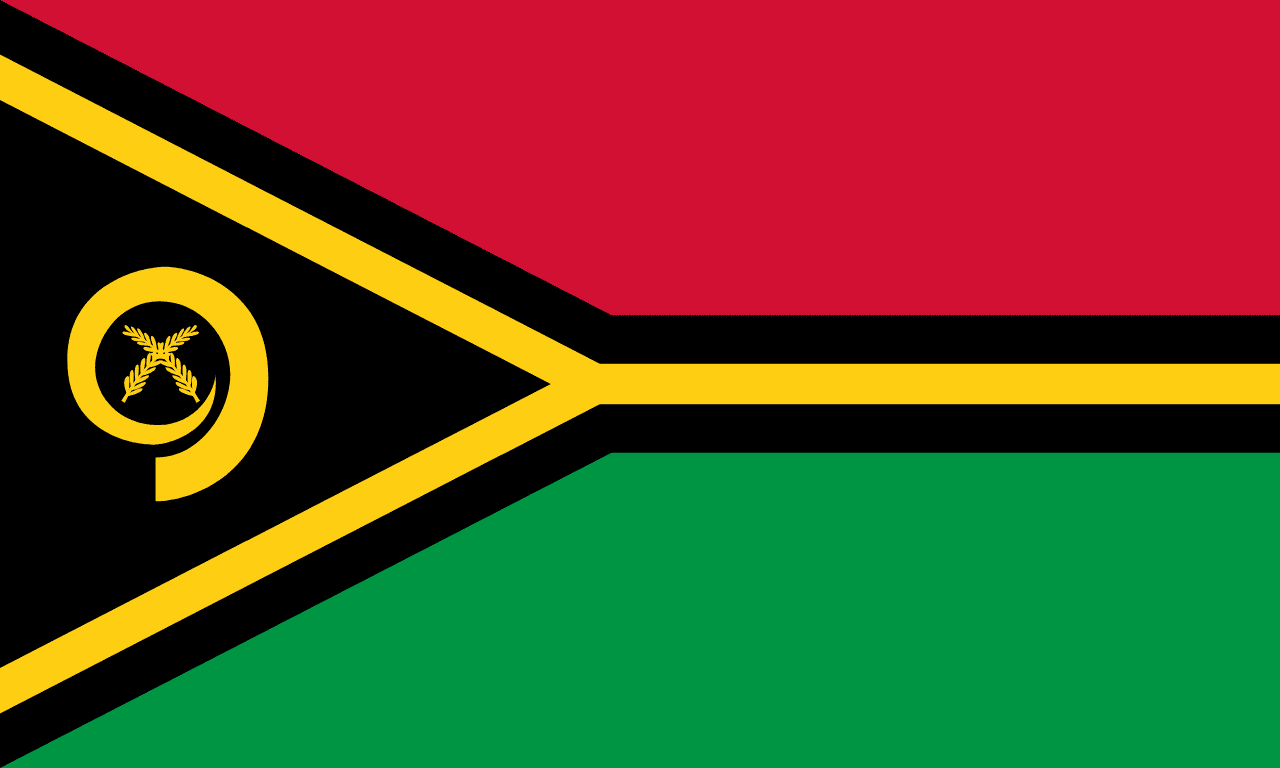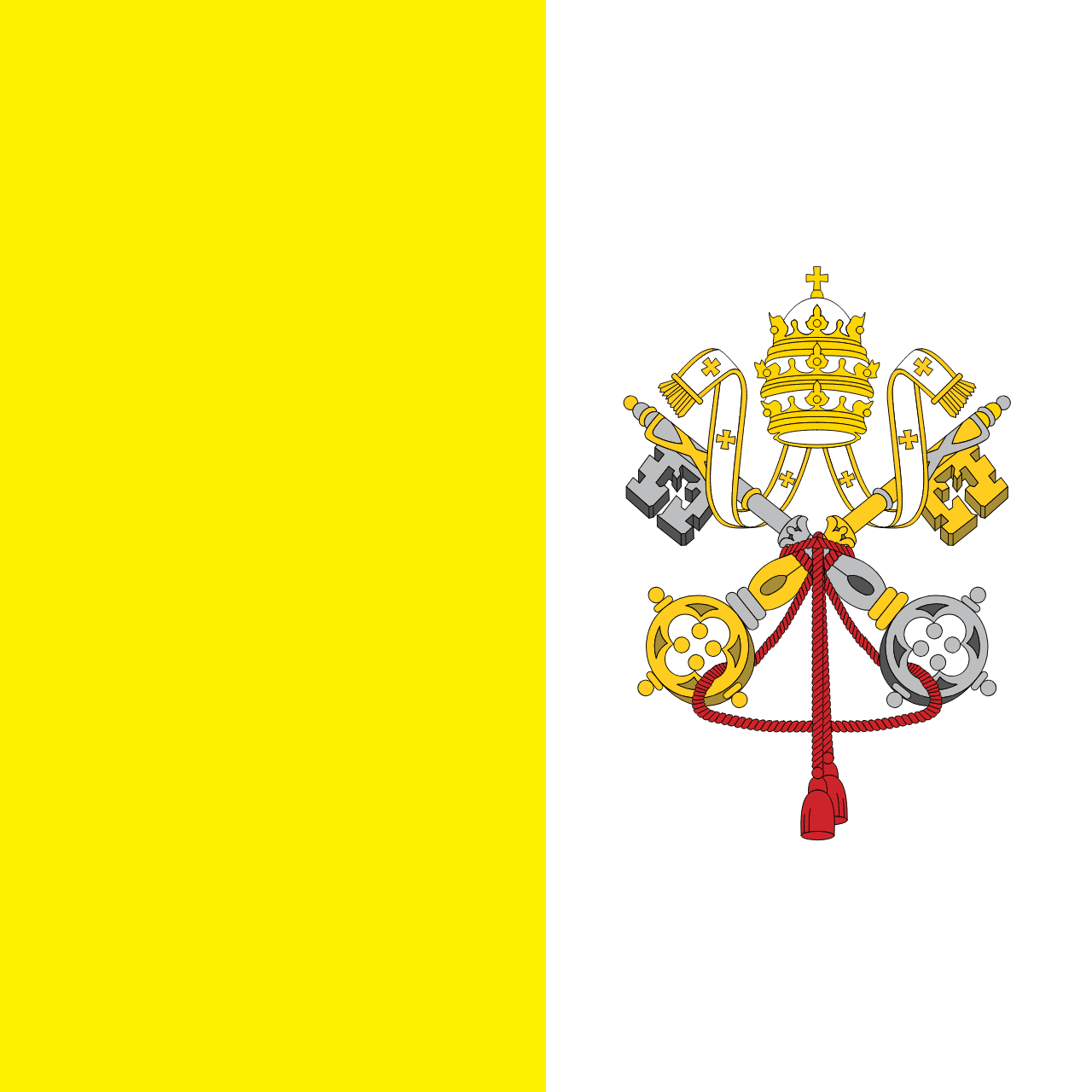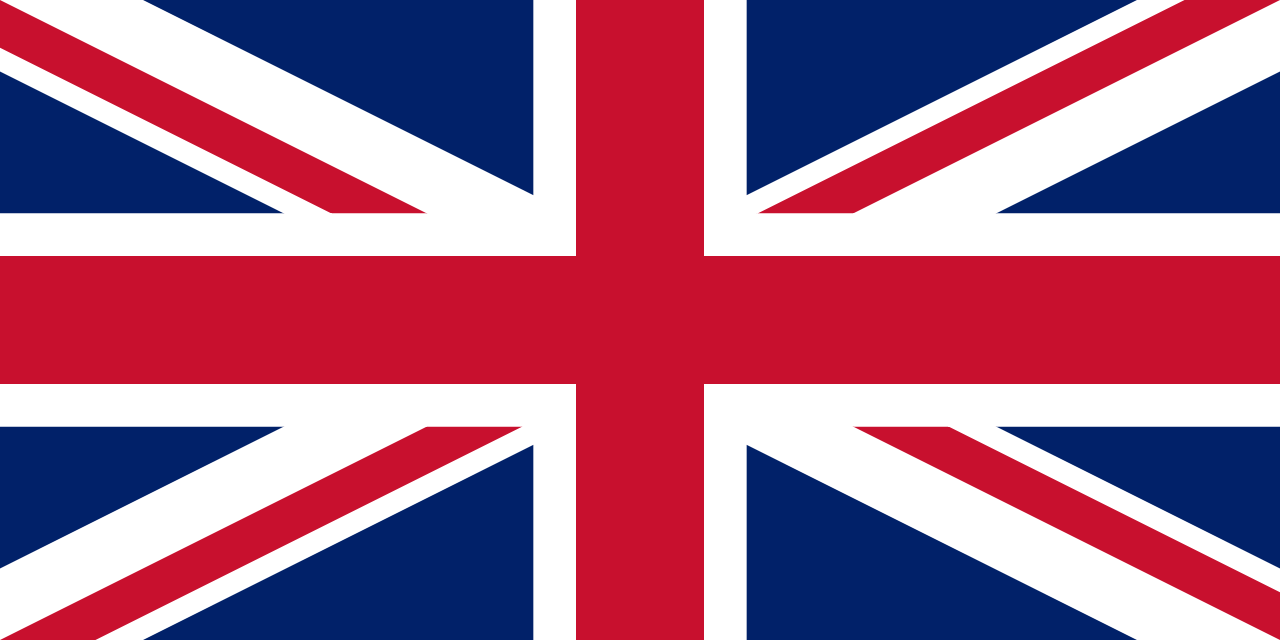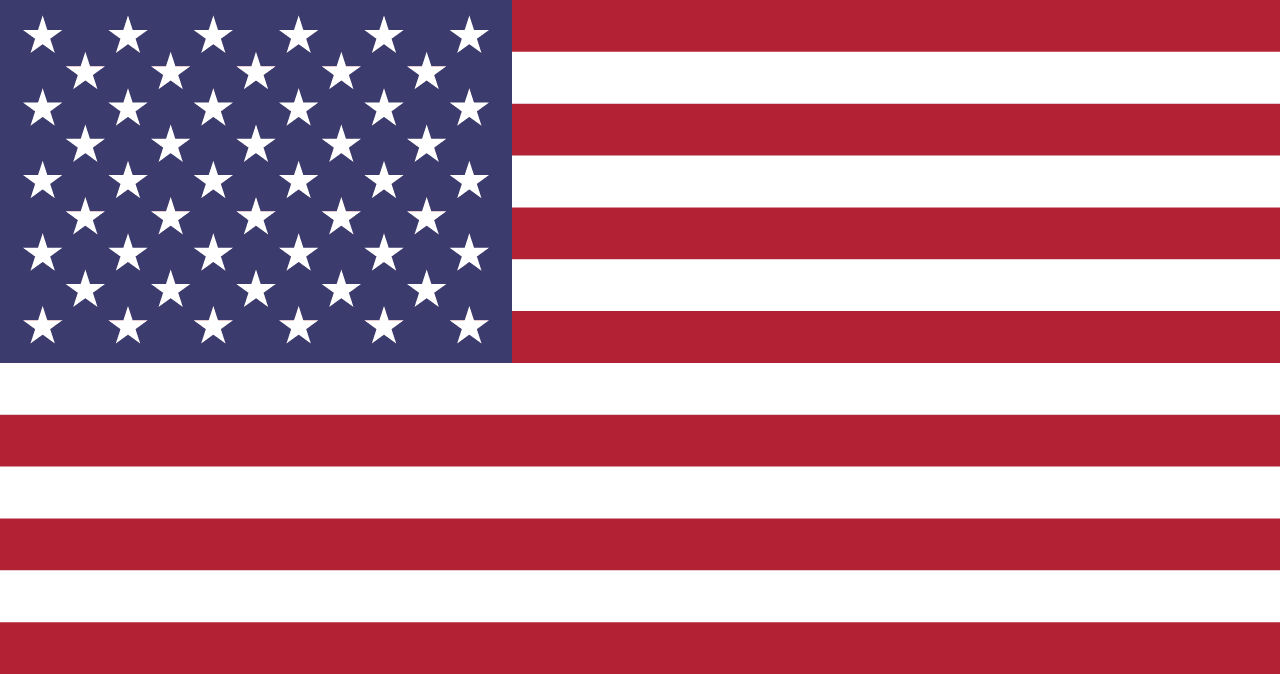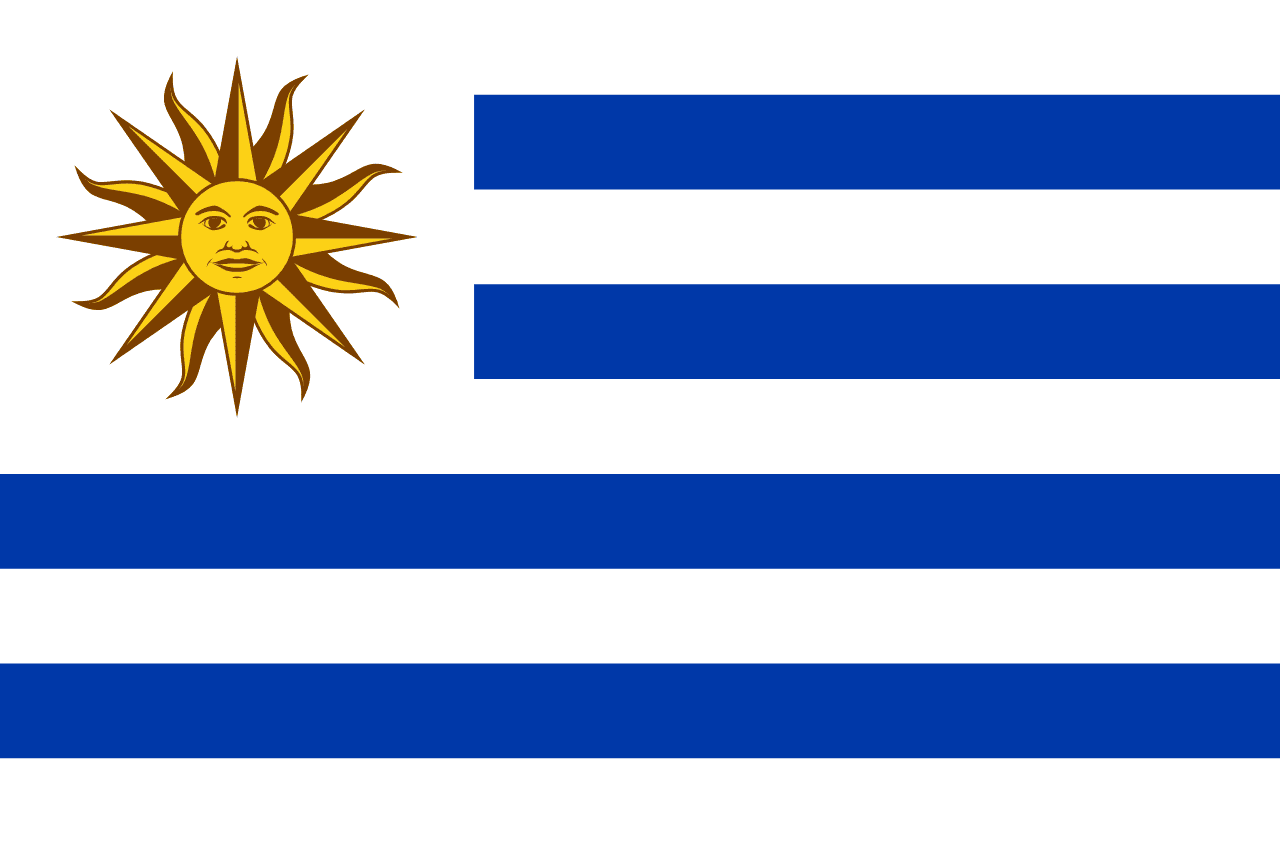The flag of the U.S. Virgin Islands is a distinctive emblem that reflects the territory's unique status and rich history. It features a simplified version of the Great Seal of the United States between the letters "V" and "I" (representing Virgin Islands), with a yellow eagle holding an olive branch and three arrows. This design beautifully encapsulates the islands' relationship with the United States while maintaining a strong sense of local identity.
U.S. Virgin Islands information
| National Flag Day | May 17 |
| Sovereign state | No |
| Official name | United States Virgin Islands |
| Capital | Charlotte Amalie |
| Population | 87,146 |
| Area | 346 km² |
| Currency | United States dollar (USD) |
| Language | English |
| Continent | North America |
| Region | Caribbean |
| Subregion | — |
| Borders | — |
| Timezone | Atlantic Standard Time (AST) UTC-4 |
| Calling code | +1-340 |
| Top-level domain | .vi |
History of the U.S. Virgin Islands flag
 The flag was officially adopted on May 17, 1921, following the transfer of the Virgin Islands from Denmark to the United States in 1917. Its creation marked a significant milestone in the territory's history, symbolizing its new status as an unincorporated territory of the United States.
The flag was officially adopted on May 17, 1921, following the transfer of the Virgin Islands from Denmark to the United States in 1917. Its creation marked a significant milestone in the territory's history, symbolizing its new status as an unincorporated territory of the United States.
The design was conceived by Percival Wilson Sparks, a U.S. Navy officer, who sought to create a flag that would represent both the islands' connection to the United States and their unique identity. The flag has remained unchanged since its adoption, serving as a constant symbol of the islands' heritage and status for over a century.
Symbolism and design of the U.S. Virgin Islands flag
Every element of the flag carries deep symbolism:
- The white background represents purity and peace.
- The yellow eagle is derived from the Great Seal of the United States, symbolizing the islands' connection to the U.S.
- The olive branch in the eagle's right talon represents peace.
- The three arrows in the left talon symbolize the three main islands: Saint Thomas, Saint John, and Saint Croix.
- The blue shield on the eagle's chest represents protection and the Caribbean Sea surrounding the islands.
- The letters "V" and "I" stand for Virgin Islands, asserting the territory's unique identity.
This combination of elements creates a flag that is both distinctively Virgin Islander and recognizably American, reflecting the dual heritage of the territory.
Usage and significance of the U.S. Virgin Islands flag
 The flag of the U.S. Virgin Islands is a symbol of pride and unity for the territory's residents. It is prominently displayed on government buildings, schools, and public institutions throughout the islands. During official ceremonies, national holidays, and cultural events, the flag takes center stage, serving as a reminder of the islands' unique status and rich cultural heritage.
The flag of the U.S. Virgin Islands is a symbol of pride and unity for the territory's residents. It is prominently displayed on government buildings, schools, and public institutions throughout the islands. During official ceremonies, national holidays, and cultural events, the flag takes center stage, serving as a reminder of the islands' unique status and rich cultural heritage.
In international contexts, such as sporting events or cultural exhibitions, the flag represents the U.S. Virgin Islands as a distinct entity, separate from the United States flag. This dual representation highlights the complex political and cultural identity of the territory.
The flag also plays a crucial role in tourism, one of the islands' primary industries. Its distinctive design serves as a recognizable symbol for visitors, embodying the unique blend of Caribbean culture and American influence that characterizes the U.S. Virgin Islands experience.
Interesting facts about the U.S. Virgin Islands flag
- The U.S. Virgin Islands is one of the few U.S. territories to have its own officially recognized flag, distinct from the U.S. flag.
- The flag's design has remained unchanged since its adoption in 1921, making it one of the oldest continuously used flags among U.S. territories and possessions.
- The eagle on the flag is not an exact replica of the one on the Great Seal of the United States, but a simplified version adapted for the flag's design.
- The flag is sometimes referred to as the "Virgin Islands Eagle Flag" due to the prominence of the eagle in its design.
- Unlike many other flags, the U.S. Virgin Islands flag does not have a reverse side - the design is the same on both sides, which is known as "double-sided" or "through and through".
